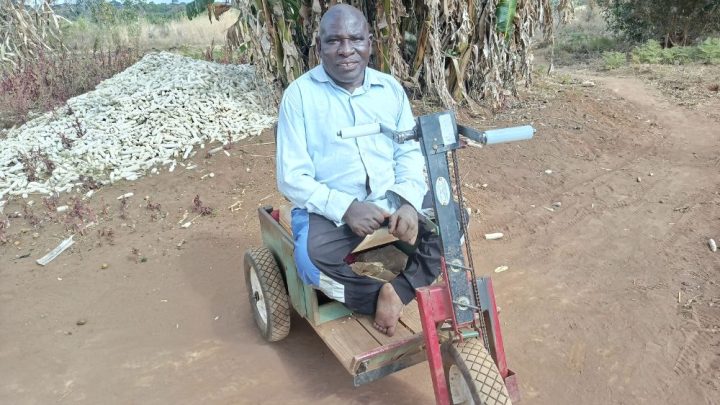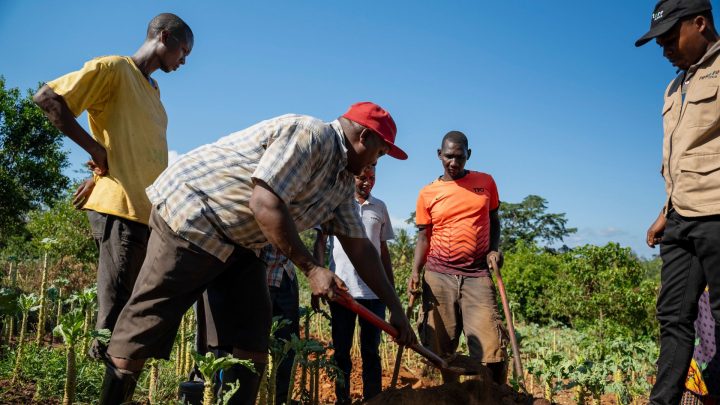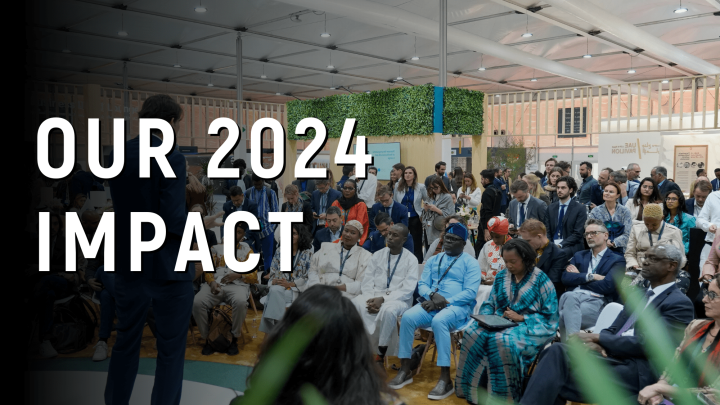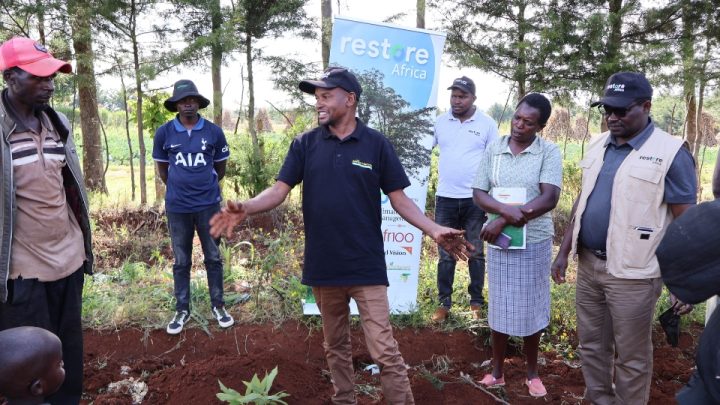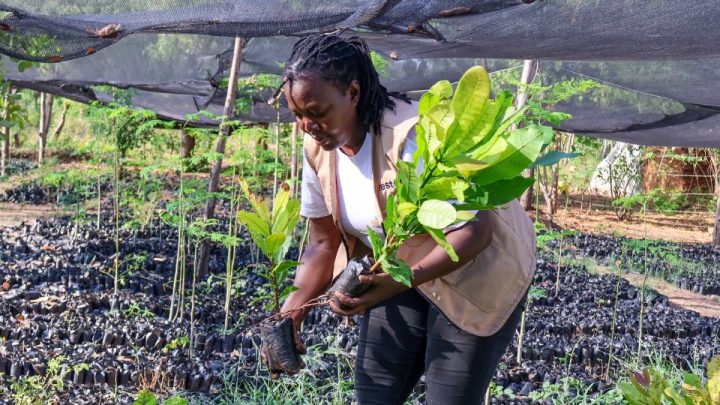Titus Musakanya: Turning Adversity into Abundance
Titus Musakanya, a small-scale farmer living in Muchinga Province, Zambia, has transformed his modest plot in Kalimbanya Village into a thriving example of sustainable conservation farming. His farm has doubled in productivity, employs two local workers, creates jobs, and contributes to the economic growth of his community. These results alone are impressive, but Titus has…
